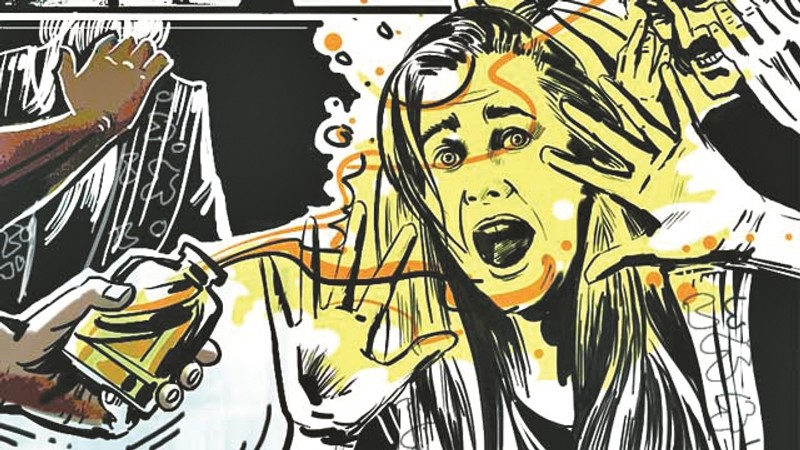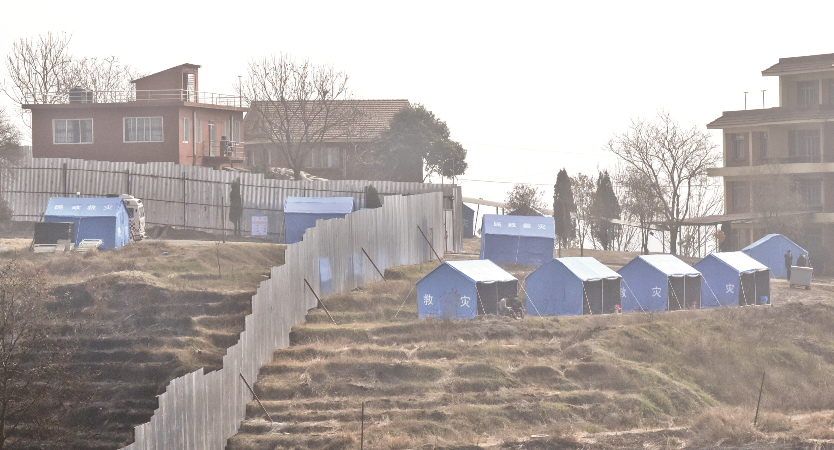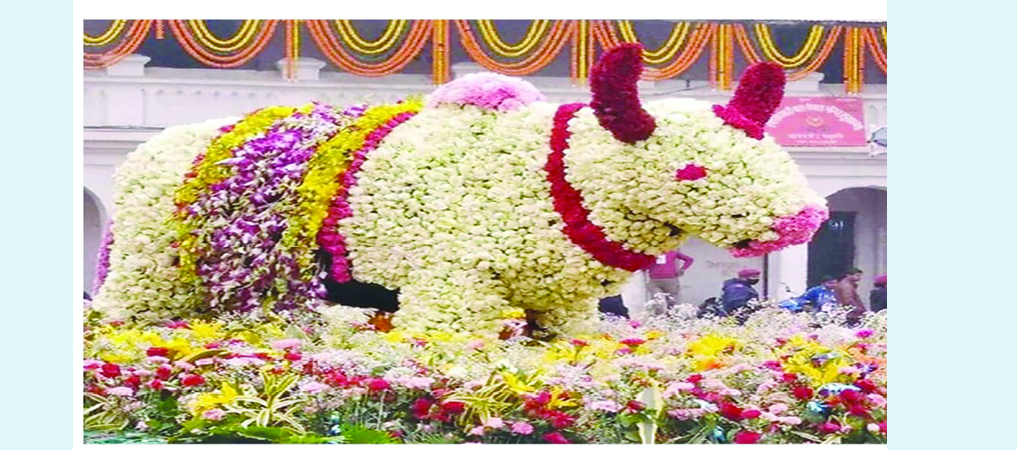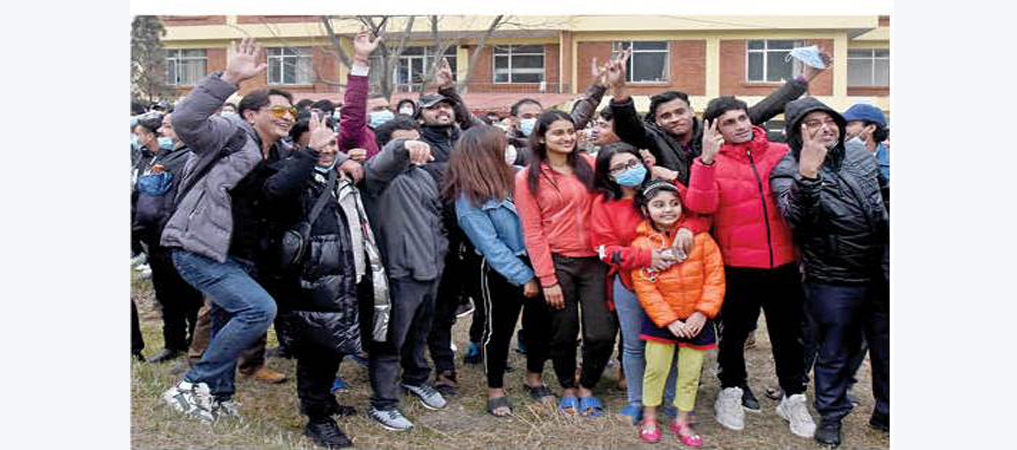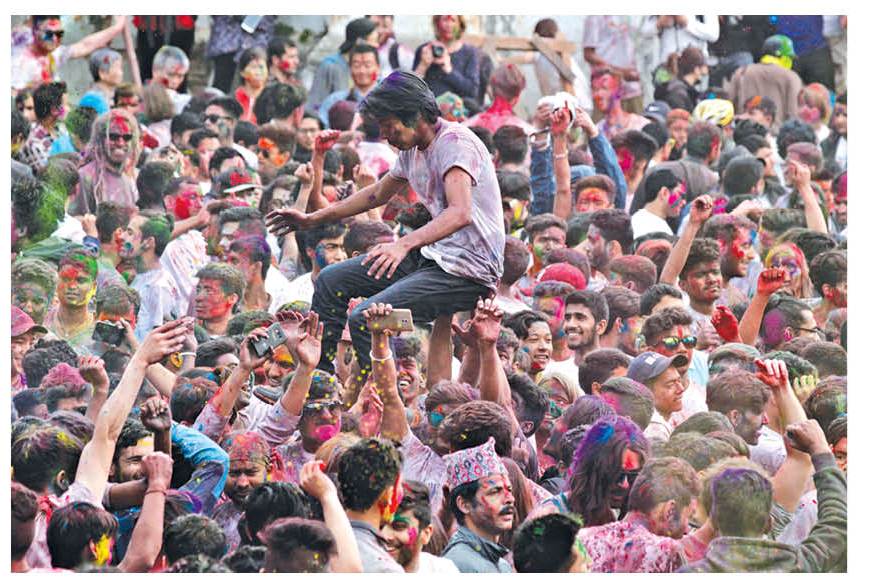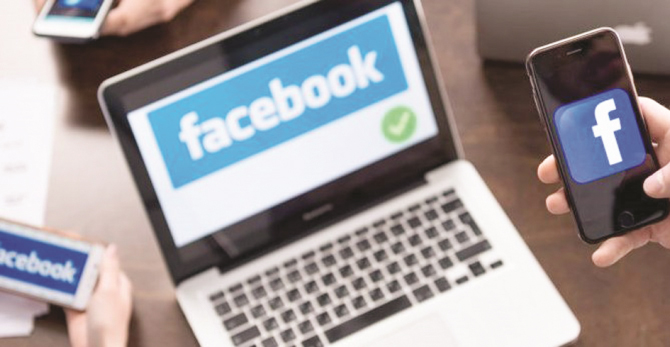COVID-19 is not a taboo

Sampada A. Khatiwada
Ever since the COVID-19 hit the world, the governments and people across the globe have started a blame game. Even after nine months of the emergence of the pandemic, the blame game has not come to an end until now. US President Donald Trump called the novel coronavirus a 'Chinese virus', fuelling various conspiracy theories against China. Interestingly, China was even blamed for spreading the virus deliberately.
Such a blame game does not seem to be confined to a country level. Every person infected with this virus disease has been found discriminated and criticised. S/he is also blamed for spreading the virus to their residences, workplaces and even communities.
Apart from going through pains and emotional disturbances during their illness, the COVID-19 patients are often stigmatised by the family, relatives, colleagues and the society. They start blaming the victims of the virus disease for spreading it everywhere. It is more worrying that the social stigma and blame game continue even after the patients recover.
Not only the patients, the frontline health workers are also humiliated by their landlords and neighbours for being a possible carrier of SARS-CoV-2.
How the COVID-19 pandemic emerged is still a mystery. Against this backdrop, it is inappropriate to pin the blame on the infected persons for the transmission of the virus into the home, workplace, community and elsewhere.
Pointing the finger at a single person or a single family for the spread of virus is wrong on various grounds. This could also invite a misfortune to the entire society. Firstly, blaming a COVID-19 patient for carrying the virus into his/her home or workplace could inflict a sense of guilt upon him/her. On top of that, if the health condition of anyone in his/her contact who contracted the virus starts deteriorating, the guilt and regret in the former intensifies. This could take a heavier mental toll on the infected person's life for a longer term.
Secondly, blaming and shaming the COVID-19 patients would impel them to hide their illness. For the fear of social humiliation, many infected people hesitate to disclose their infection. This would further increase the probability of transmission of the virus into the community as people might not isolate themselves or help in contact-tracing after being infected with the virus.
In many instances, even after recovering from the infection, people are treated as untouchable. They are also found misbehaved as if suffering the coronavirus infection is a crime.
As COVID-19 is a communicable respiratory disease, it can happen to anyone. Thus, the novel coronavirus should not be perceived as a taboo.
The COVID-19 patients should be treated normally. Instead of blaming the patients for the transmission of the virus, people around them should support and encourage the patients to stay in isolation.
The society must create a welcoming environment for the infected people so that they will not hesitate to disclose their illness. Lastly, before stigmatising the infected people and frontline health workers, we must make sure that we adopt all the prescribed safety measures to remain uninfected from the novel coronavirus.
Recent News

Do not make expressions casting dout on election: EC
14 Apr, 2022
CM Bhatta says may New Year 2079 BS inspire positive thinking
14 Apr, 2022
Three new cases, 44 recoveries in 24 hours
14 Apr, 2022
689 climbers of 84 teams so far acquire permits for climbing various peaks this spring season
14 Apr, 2022
How the rising cost of living crisis is impacting Nepal
14 Apr, 2022
US military confirms an interstellar meteor collided with Earth
14 Apr, 2022
Valneva Covid vaccine approved for use in UK
14 Apr, 2022
Chair Prachanda highlights need of unity among Maoist, Communist forces
14 Apr, 2022
Ranbir Kapoor and Alia Bhatt: Bollywood toasts star couple on wedding
14 Apr, 2022
President Bhandari confers decorations (Photo Feature)
14 Apr, 2022





